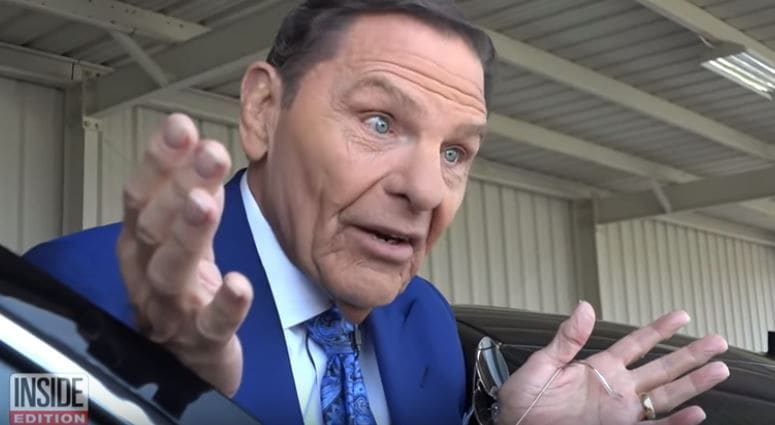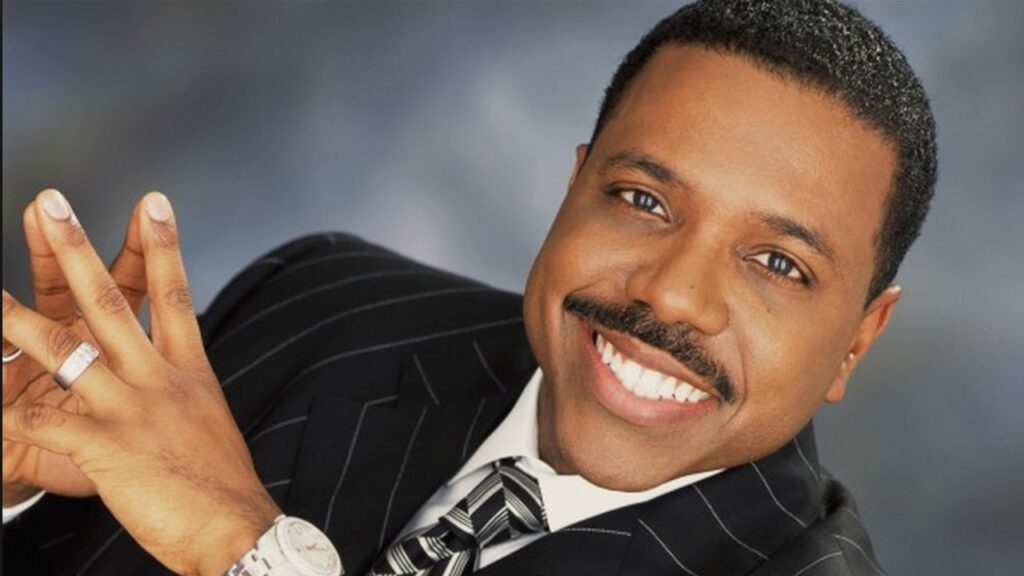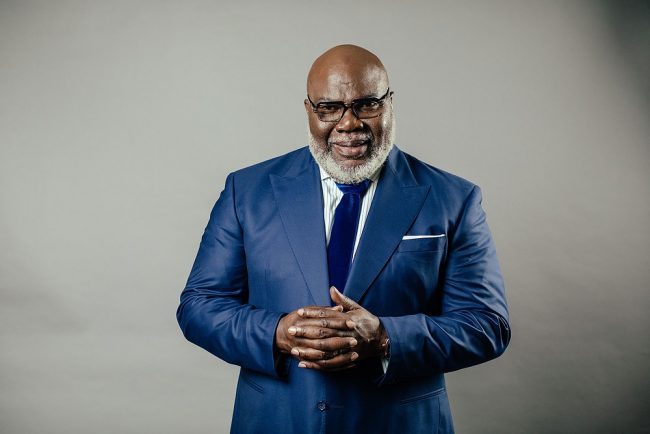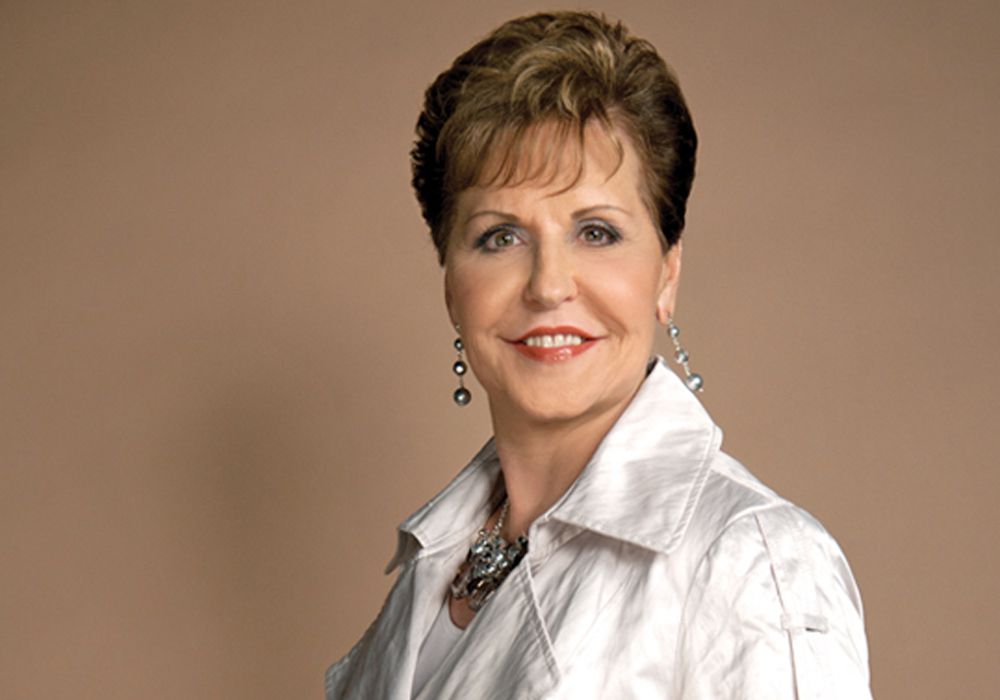Faith, Finances, and the American Pulpit: Examining the Influence of Prosperity Preachers in the US
Among the American Christianity, few movements spark as much debate as that of the prosperity gospel. This teaching links faith with financial blessing. For some, it’s a message of hope, encouraging believers to trust God for provision. For others, it distorts Scripture, prioritizing material gain over spiritual growth.
At the heart of this discussion are prosperity preachers and charismatic leaders who have built vast ministries. In some cases, they make considerable wealth, while preaching that God rewards faithfulness with abundance. Their influence is undeniable, from packed megachurches to global television audiences. Yet their teachings also draw scrutiny, with critics questioning whether faith should come with a price tag.
Who are the most prominent voices in this movement? How do they defend their message amidst controversy? And what can we learn from their impact—both positive and problematic?
This list explores 10 of the most influential prosperity preachers in the U.S., not to condemn or celebrate but to understand their role in modern faith and culture. Whether you agree with their teachings or not, their reach is impossible to ignore.
List of prosperity pastors in the US.
1. Joel Osteen


Location: Lakewood Church, Houston, Texas (former Compaq Center NBA arena)
Core Teaching: “Your Best Life Now”, A gospel of positivity where faith is measured by personal breakthroughs, not theology. No hellfire, no condemnation—just a smiling God who wants you prosperous.
Influence: The largest megachurch in America (45,000+ weekly), a media empire spanning TV, podcasts, and stadium-sized “Night of Hope” events. Osteen’s sermons feel more like TED Talks with altar calls.
Income Streams: Book royalties (Your Best Life Now sold 10M+), televised services, and a donation model that frames giving as “sowing seeds for harvest.” Critics note the lack of traditional charity work—this is spiritual capitalism at its slickest.
2. Kenneth Copeland


Location: Kenneth Copeland Ministries, Newark, Texas (a private airstrip included)
Core Teaching: “Seed Faith” – Give money to unlock miracles. Copeland’s theology treats faith like a vending machine: insert cash, and receive blessings. His infamous line: “You don’t have a money problem—you have a giving problem.”
Influence: A pioneer of televangelism, Copeland’s fiery delivery and private jet lifestyle set the template for prosperity preaching. His followers view him as a modern-day apostle; outsiders see a billionaire preaching poverty theology to the working class.
Income Streams: TV syndication, “victory campaigns” (donation drives), and a Bible college that charges tuition for “spiritual wealth education.” The ministry’s undisclosed finances have drawn IRS scrutiny for decades.
3. Creflo Dollar


Location: World Changers Church International, College Park, Georgia (megachurch) + Manhattan (satellite campus)
Core Teaching: “Financial Dominion” – Dollar, frames wealth as a divine right, with tithing as the non-negotiable entry fee. His mantra: “If you’re broke, you’re not living biblically.”
Influence: A global brand with a congregation of 30,000+, Dollar’s slick, corporate-friendly sermons attract athletes and entrepreneurs. His infamous 2015 campaign for a $65M private jet proved even controversy couldn’t derail the prosperity train.
Income Streams: “Grace Partnership” (monthly donor club), high-priced conferences, and a publishing arm that turns sermons into financial self-help products. The church’s real estate portfolio alone is worth tens of millions.
4. T.D. Jakes


Location: The Potter’s House, Dallas, Texas (30,000-seat cathedral)
Core Teaching: “Maximize Your Potential” – A fusion of prosperity gospel and corporate self-help. Jakes preaches destiny with boardroom flair: “Your net worth is tied to your God-given purpose.”
Influence: The most crossover-friendly megachurch in America. Jakes counsels presidents, headlines Forbes conferences, and produces Hollywood films while maintaining Pentecostal cred. His Woman Thou Art Loosed franchise turned female empowerment into a nine-figure brand.
Income Streams: Film/TV production (MegaFest conferences gross $10M+), 40+ bestselling books, and a media network that packages faith as lifestyle content.
5. Joyce Meyer


Location: Joyce Meyer Ministries, Fenton, Missouri (130-acre “ministry campus”)
Core Teaching: “Battlefield of the Mind” – Meyer weaponizes positive confession for suburban moms and blue-collar workers. Her down-home delivery softens the ask: “You can’t walk in victory with Walmart budget thinking.”
Influence: The Queen of Daytime Faith TV reaches 4.5M viewers daily. Her relatable “I was abused but now I’m rich” testimony makes prosperity palatable to skeptics. Even secular bookstores stock her materials.
Income Streams: 100+ books (translated into 150 languages), “Love Life” women’s conferences, and a charity wing that strategically combines humanitarian aid with donor cultivation. That $10M jet? Tax-deductible ministry expense.
Read Also: Top 10 Prosperity Preachers
6. Benny Hinn


Location: Benny Hinn Ministries, Originally Orlando, now a floating empire
Core Teaching: “Healing is Your Wealth” – Hinn packages Old Testament prosperity promises with charismatic theatrics. His infamous line: “Poverty is from the devil—but so is your sickness check!”
Influence: The original televangelist showman, Hinn’s “crusades” filled stadiums worldwide for decades. Though credibility wanes, his playbook (gold suits, staged healings) still inspires prosperity preachers globally.
Income Streams: “Miracle Crusade” offerings (cash preferred), 24/7 prophecy hotlines (4.99/min), and a revolving door of “special anointing” products.
7. Mike Murdock


Location: Mike Murdock Ministries, Dallas, Texas (Wisdom Center HQ)
Core Teaching: “The Law of Recognition” – Murdock’s universe operates on spiritual quid pro quo: identify your divine connection (usually him), give generously, and watch blessings multiply. His infamous motto: “What you make happen for others, God will make happen for you.”
Influence: The original prosperity tactician, Murdock turned giving into a supernatural investment strategy. He’s being guided and supported by Creflo Dollar, and other major players. The white suit and rapid-fire delivery mask razor-sharp fundraising instincts.
Income Streams: “Wisdom Keys” book series (sold like spiritual cheat codes),
1000+”private mentorship sessions,” and the notorious “Sow a Seed” campaigns where specific dollar amounts promise specific miracles. IRS filings show 20M+ annual revenue despite no traditional church.
8. Paula White


Location: Paula White Ministries, Originally Tampa, now Washington-adjacent
Core Teaching: “New Thought Meets Pentecost” – White blends prosperity dogma with law-of-attraction principles. Her core pitch: “Your words create wealth—so speak rich.” The theology is fluid, but the financial expectations aren’t.
Influence: Trump’s spiritual advisor brought prosperity doctrine into the Oval Office. Her ability to rebrand from televangelist to political power broker revealed the movement’s ultimate ambition: earthly dominion.
Income Streams: “Breakthrough Covenant” donations (monthly auto-draft preferred), high-ticket Destiny Conference tickets, and lucrative White House-adjacent consulting gigs. The ministry’s 2019 $100K+ monthly private jet expenses sparked Congressional inquiries.
9. Robert Morris


Location: Gateway Church, Southlake, Texas (100-acre “campus”)
Core Teaching: “The Blessed Life” – Morris repackages prosperity principles as wise financial stewardship. His signature move: “Tithing isn’t giving God 10%—it’s keeping 90% of what He owns.” The math works better in sermons than in budgets.
Influence: The stealth wealth preacher. Gateway’s contemporary vibe attracts younger crowds who’d reject flamboyant televangelists. Morris mentored many next-gen prosperity pastors in subtlety.
Income Streams: Multi-site expansion strategy (8 locations), “Financial Fitness” courses (129)
,), and a real estate strategist.
10. Steven Furtick


Location: Elevation Church, Charlotte, North Carolina (multi-campus megachurch)
Core Teaching: “Audacious Faith” – Furtick reframes prosperity theology for the Instagram generation, preaching that God’s plans for you are “greater than you imagine” (often implying financial and personal success). His sermons blend self-help motivation with just enough Scripture to keep it churchy.
Influence: From humble beginnings in a movie theater to a 20,000+ weekly attendance empire, Furtick has mastered viral faith. Elevation’s worship music dominates Christian charts, and his books (“Sun Stand Still,” “Greater”) sell millions. Critics call it prosperity-lite; fans see a fresh take on divine abundance.
Income Streams: Book deals, Elevation’s tithing-driven model (no traditional offering plates—just QR codes and auto-draft), and a sprawling real estate portfolio. The $1.7 million home controversy didn’t slow him—it just proved his core message: Dream bigger.
Conclusion
Let’s cut to the chase: The prosperity gospel isn’t just surviving—it’s thriving. These ten preachers have built a spiritual-industrial complex where faith functions as a currency, miracles come with price tags, and divine favor looks suspiciously like private jets and offshore accounts.
But here’s the uncomfortable truth no one in the movement wants to admit: This isn’t just religion—it’s a business model. From Osteen’s feel-good empire to Copeland’s high-pressure “seed faith” rallies, the system is designed to keep the dollars flowing upward while the promises of wealth trickle down—mostly to those already at the top.
The Real Miracle?
After decades of scandals, collapsed healing claims, lavish spending exposed, failed prophecies: the money train hasn’t derailed. If anything, prosperity theology has evolved. It’s gone corporate (Jakes), political (White), and even suburban-friendly (Morris). The packaging changes, but the product remains the same: Hope, repackaged as a financial transaction.
So Where Does That Leave Us?
At a crossroads. Either we accept that this is modern American Christianity’s natural evolution—a faith as capitalistic as the country itself—or we ask harder questions:
When does “belief” become exploitation?
Can a gospel that glorifies wealth ever truly serve the poor?
And most importantly—who gets rich when the collection plate passes?
